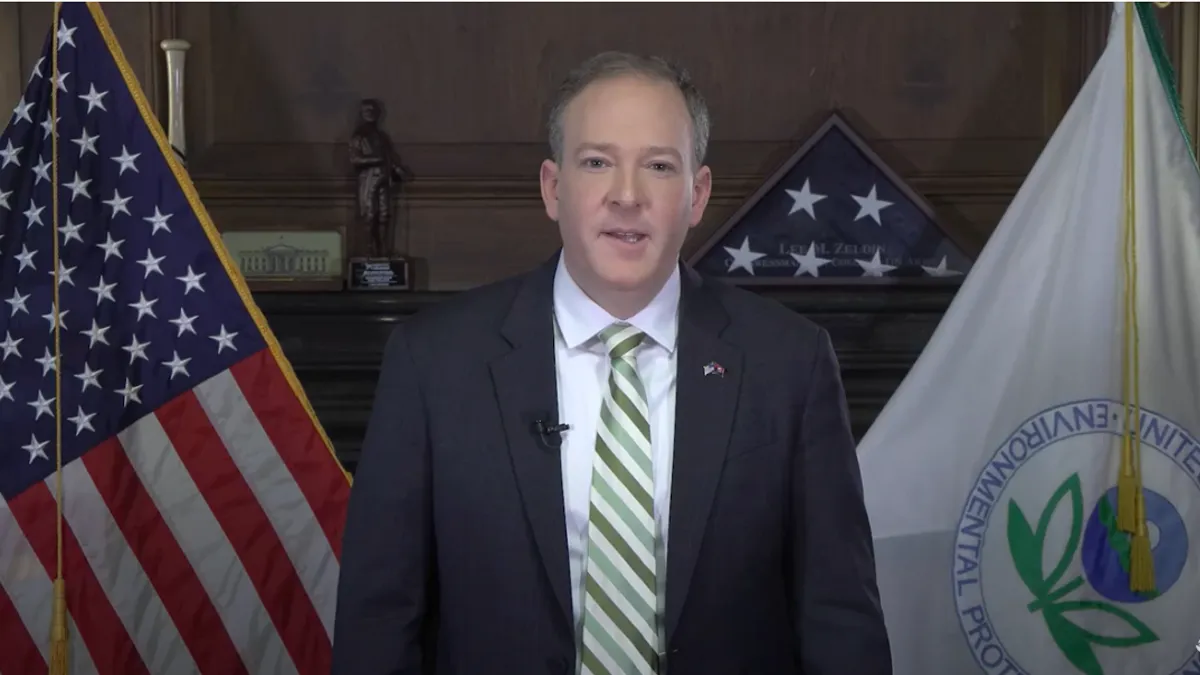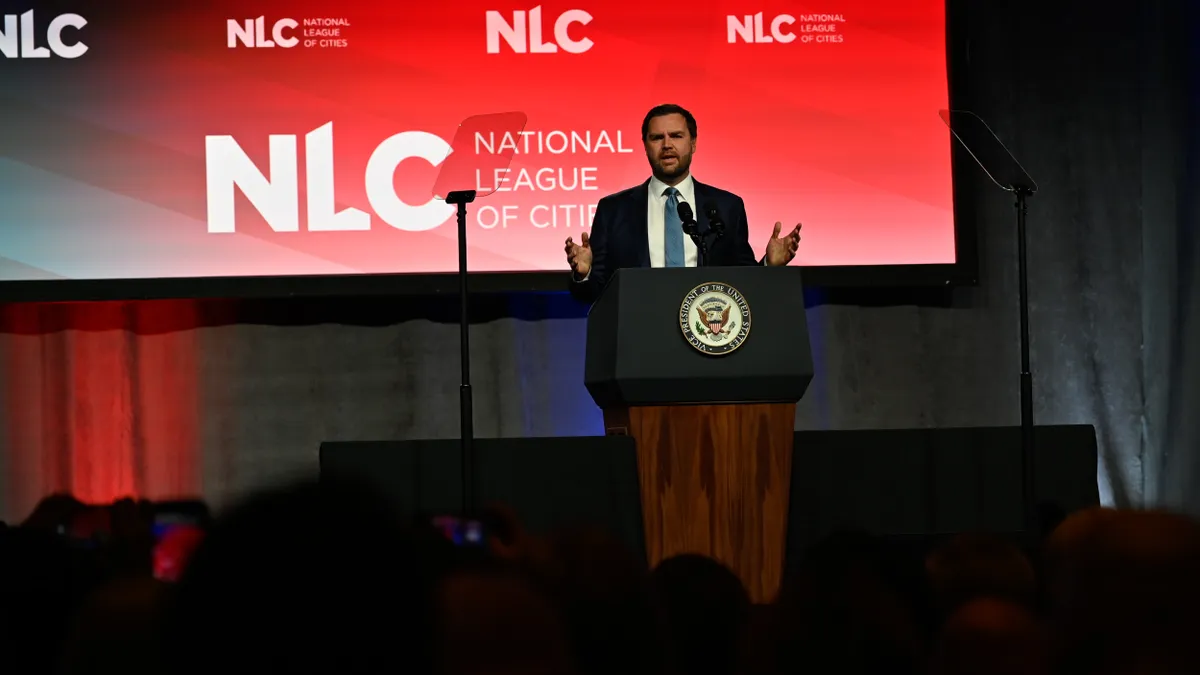Early in the COVID-19 pandemic, Bend, Oregon, stopped hiring, left vacant positions open, and considered budget cuts, said Janette Townsend, the city’s finance director.
“It was about a six-month pause because there were so many unknowns,” Townsend said. Ultimately, however, the property taxes that make up the bulk of Bend’s general fund weren’t negatively affected by the pandemic, she added.
Bend isn’t alone. Many city budgets are solid, and most cities are faring better than they did during the 2008 to 2009 recession. “The Great Recession was multitudes more difficult for state and local governments,” said Bart Hildreth, professor emeritus at Georgia State University’s Andrew Young School of Policy Studies.
Several factors account for the differing impact between the Great Recession and the pandemic. Cities’ finances were generally stronger at the start of the pandemic than in 2008. “Local governments are in better shape because they’d been burned so badly during the Great Recession and started husbanding more resources,” Hildreth said.
Impact on tax collections
The recession and the pandemic also impacted tax revenues differently.
The recession was the first in history to lead to downturns in all three major revenue sources for most cities: property, sales and income taxes, said Justin Marlowe, a research professor and associate director with the Center for Municipal Finance at the University of Chicago. In particular, the real estate bubble that helped bring about the recession led to declines in property tax collections that many cities had never experienced, he added.
Nearly all cities rely on property taxes for revenue, said Farhad Omeyr, program director, research and data, with the National League of Cities’ Center for City Solutions. “The savior of the government this past year was [the] fact that property taxes didn’t tank, and in fact, went up,” he said.
The rise in housing prices helped drive this, Omeyr said. U.S. house prices jumped 17.7% year over year in the second quarter of 2022, according to the Federal Housing Finance Agency House Price Index. Conversely, the agency had reported that housing prices fell 6% year over year by the third quarter of 2008. Analysis by the National League of Cities shows that governments didn’t reach pre-recession property tax levels until 2019, or about 10 years after the recession, Omeyr added.
Bend followed this general pattern. While the pandemic had little impact on property taxes, the recession hit hard because it was related to housing, Townsend said.
Sales tax collections often outperformed expectations during the pandemic, Marlowe said. In New York state, for instance, local sales tax collections between January and September 2021 hit nearly $14.4 billion, up 19.2% year over year and 6.1% higher than during the first three quarters of 2019, according to state comptroller Thomas DiNapoli.
ARPA makes a difference
Federal funds distributed during the pandemic also helped many local governments remain financially solid during the pandemic. The American Rescue Plan Act of 2021 allocated more than $65 billion to cities, towns and villages.
In addition to the money itself, the flexible ways cities could use ARPA funds were critical, said Elizabeth Kellar, director of public policy with the International City/County Management Association. Cities could apply the monies to general operations and salaries, among other uses.
In contrast, due to fears that money might be squandered, the American Rescue and Recovery Act of 2009 was more tightly controlled and offered less flexibility, Kellar said. It tended to be used for ready-to-go public works projects, she added.
Bend received about $14.1 million in ARPA funds, against a biennial budget of about $900 million, Townsend said. Among other uses, the city allocated money to fill vacant positions and to improve operations at shelters that help address houselessness.
Taking a wait-and-see approach
Still, concerns remain. One is the “looming fear of a downturn in [the] economy,” Omeyr said.
Inflation is another. It’s putting upward pressure on wages as cities hire employees, Kellar noted.
Cities’ pension funds might struggle in a high-inflation, high-interest rate environment, Marlowe said. Inflation also makes capital projects more expensive, he added.
The uncertainty about city revenues over the next three to five years is “the big issue now,” Marlowe said. Many city officials view the federal money and surge in sales tax collections as one-time treats.
Meanwhile, it’s unclear how larger structural changes in local and regional economies will impact cities, he said. For example, how will the shift to remote work affect downtown sales, local income taxes and fare collections for transit systems? This uncertainty is prompting cities to limit capital investments and hold off on hiring or investing in technology that would allow current staff to do more with less, he added.
One step to managing an uncertain economic environment is building “a rainy day fund,” Kellar said. Such funds can blunt the impact of economic downturns or other financial challenges.
Continued community engagement remains essential, Kellar said. In addition to keeping community members informed about how funds are used, city leaders must involve residents in addressing problems. “That really helps in guiding tougher decisions, or even fun decisions like improving parks,” she added.
Correction: We updated this story with the correct title for Elizabeth Kellar.


















